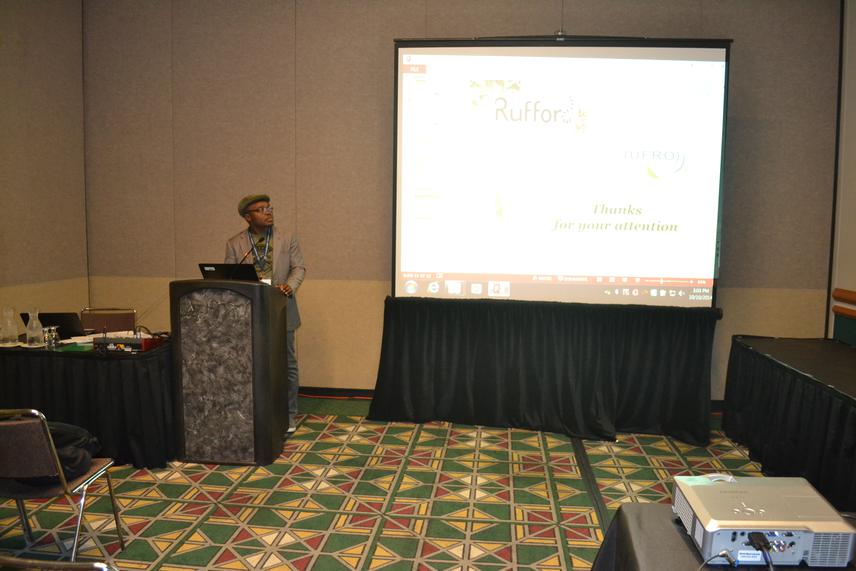Akpona A. Hugues
Other projects
20 Dec 2007
Evaluation of Factors Affecting Human – Spotted Necked Otters’ (Lutra maculicollis) Conflicts for their Conservation and Management in Wetlands of Southern Benin
This project aims at assessing the costs of the conflict between otters and fishfarmers, adopting and sharing the most effective mitigation strategies and elaborating a strategic action plan for the conservation of the spotted necked otter in Benin.

Presentation.
Among the 13 species of otters in the world, four occur in Africa and are classified as threatened (IUCN, 2008). The IUCN/SSC Otter Specialist Group identified the African otter species as a top priority for conservation (Reuther 2004). However, classified as vulnerable by IUCN and on CITES appendix II, spotted necked otter, one of the four African species is endangered in Benin where its habitat has been restricted to the South part of the country. Otters are key indicators and flagship species requested to promote good management of semi-aquatic ecosystems. Developing conservation strategies for otters usually has benefits for associated less spectacular wetland’ species. Unfortunately, spotted necked otters are highly endangered in Benin. According to the IUCN draft Guidelines (Glowka et al. 1994), the ongoing hunting and poaching of the spotted necked otter is unsustainable in Benin. Considering that sustainability is required as the guiding principle for biological conservation (Eraldo & Costa Neto 2005), this project will provide with some tools and guidelines for the sustainable conservation of otters. The overall objective of the project is to develop and implement a sustainable strategy for the conservation of spotted necked otter and associated species in Benin.
Specifically, the project will achieve the following goals:
- Assessing socioeconomics and environmental impacts of conflicts between otters and local communities.
- Identifying, testing and sharing the most effective friendly mitigation strategies identified during the first RSG project.
- Designing a strategic conservation plan and awareness tools with the high involvement of key stakeholders (network of NGOs, public officers, district authorities, etc.) taking into account all above data collected and the main results of the first RSG project.
This project will enhance the sustainable use of wetlands biodiversity especially otters and improve human – otters’ relationships in Benin and in West Africa where few had been previously done for the species’ conservation. The project will have far-reaching, long-lasting consequences, since protection of spotted necked otter will also involve protection of wetlands biodiversity.